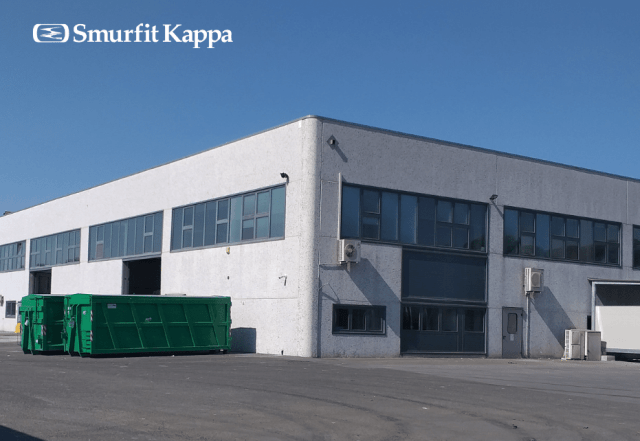Paper-based packaging firm Smurfit Kappa has opened a new recycling facility in the Tuscan region, Italy.

Image: Smurfit Kappa’s new recycling facility in the Tuscan region. Photo: courtesy of Smurfit Kappa.
The new facility, which will help Smurfit Kappa to strengthen recovered paper service in the region, is strategically situated in the district where 60% of Italian containerboard and 90% of tissue paper is manufactured.
Smurfit Kappa Marlia will process around 15,000 tonnes of recovered paper per annum and is planning to increase it to 25,000 tonnes next year.
Marlia depot works with the local council, supermarkets, and businesses for the collection of used paper and board, which is shipped to the Smurfit Kappa Ania Paper Mill in Lucca to use as raw material for the production of new containerboard.
Smurfit Kappa claims that it has been committed to best practices in recycling and has a global network of specialist recycling facilities.
Smurfit Kappa recovered paper vice president Henri Vermeulen said: “Paper recovery is a key part of the circular economy. As part of our Better Planet Packaging initiative we are using our long-term experience in recycling to develop even more sustainable packaging concepts.
“The new Marlia plant will play a significant part in ensuring the permanent availability of enough good quality recovered paper to guarantee the demands of all our customers in the chain.”
With operations in 23 European countries and 12 countries in the Americas, Smurfit provides paper, packaging and recycling solutions to its customers.
Smurfit uses recovered fibres from recycled paper and board as a major raw material in its paper mills and packaging plants. The company’s paper mills reprocess around six million tonnes each year, and it develops recovery solutions to meet recycling requirements.
In July 2018, Smurfit Kappa closed the acquisition of Dutch paper and recycling business Reparenco for €460m (£413m).
Under the deal, Smurfit acquired Reparenco’s paper mill with a capacity of 675,000 tonnes in the Netherlands. The mill includes two machines with a capacity of 405,000 tonnes of recycled containerboard and 270,000 tonnes of graphic paper, which can be converted into containerboard.
